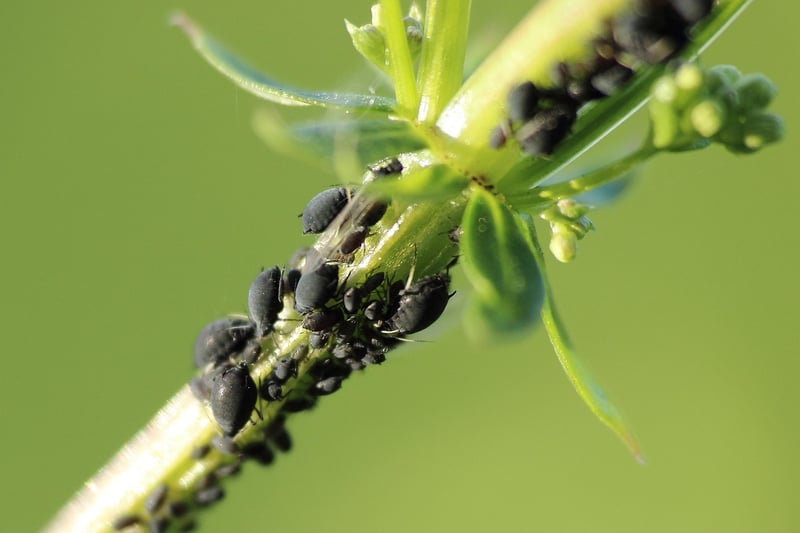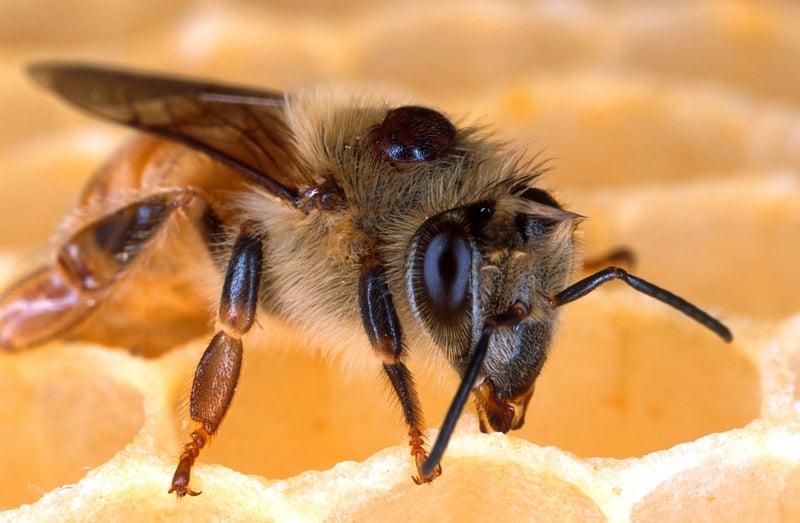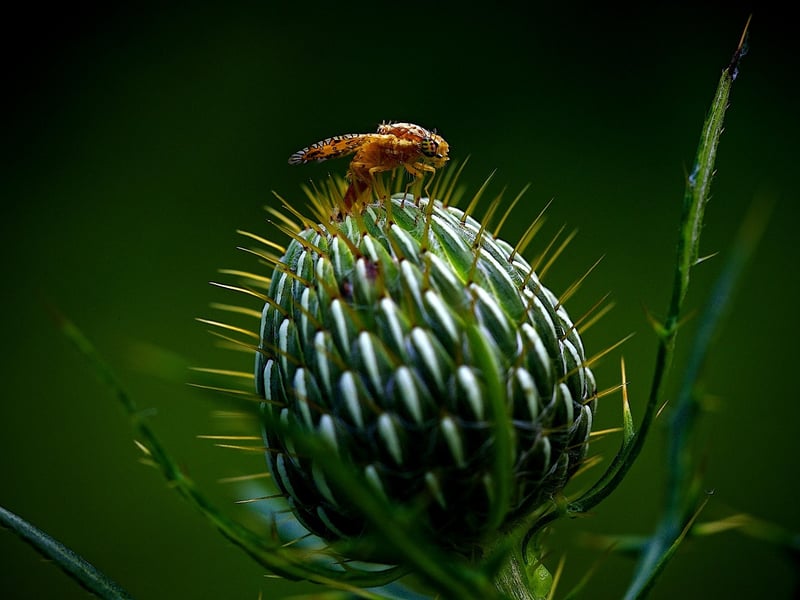Pest Control
Maintaining Healthy Plants and Pest Control
The Importance of Plant Health
Keeping your plants healthy is crucial for their growth and overall well-being. Healthy plants are more resilient to pests and diseases, making them easier to care for in the long run.
Tips for Maintaining Healthy Plants
- Provide adequate sunlight: Ensure your plants receive the right amount of sunlight based on their specific needs.
- Water properly: Overwatering or underwatering can harm your plants. Learn the watering needs of each plant type.
- Use quality soil: Good soil provides essential nutrients and proper drainage for plant roots.
- Prune regularly: Trimming dead or damaged parts of the plant promotes healthy growth.
- Fertilize as needed: Supplement your plants with fertilizer to ensure they have enough nutrients to thrive.
Common Plant Pests and How to Control Them
Despite your best efforts, pests can still find their way to your plants. Here are some common plant pests and ways to control them:
Aphids
Aphids are small insects that suck sap from plants, causing leaves to yellow and distort. To control aphids, use insecticidal soap or introduce natural predators like ladybugs.

Spider Mites
Spider mites are tiny pests that feed on plant juices, causing stippling and webbing. Regularly spraying plants with water can help control spider mite infestations.

Whiteflies
Whiteflies are small, white insects that feed on plant sap, leading to yellowing and wilting of leaves. Use yellow sticky traps or insecticidal soap to manage whitefly populations.

Conclusion
By following these tips for maintaining healthy plants and implementing pest control measures, you can ensure your plants thrive and remain pest-free. Regular monitoring and prompt action are key to keeping your garden lush and vibrant.
